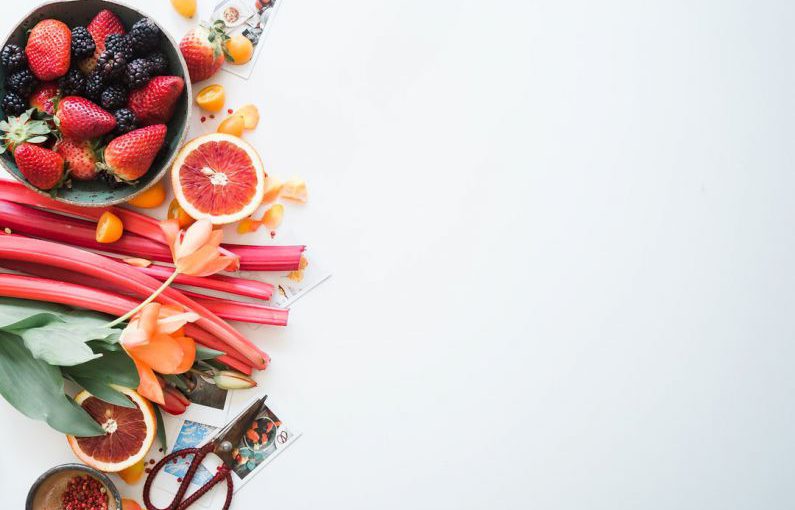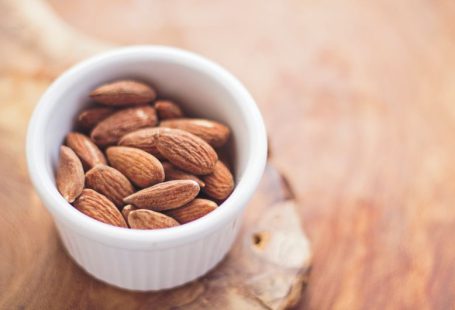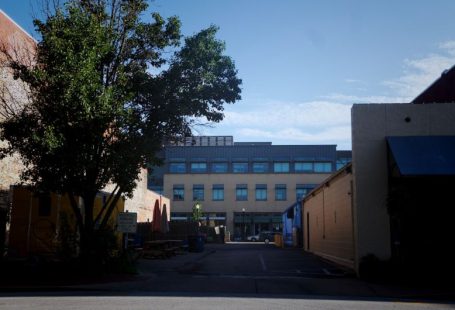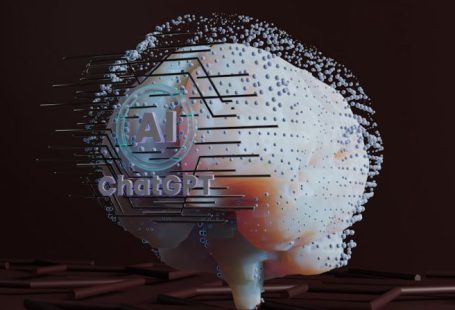In recent years, the integration of artificial intelligence (AI) in various industries has sparked a debate about its potential to outperform humans in different tasks. One area that has garnered significant attention is the culinary world. Can AI truly cook better than a chef? The future of culinary AI holds promise and challenges, as technology continues to evolve and reshape the way we approach food preparation and dining experiences.
### The Rise of Culinary AI
The development of AI in the culinary realm has given rise to innovative applications that aim to enhance the cooking process. From recipe generation to ingredient pairing and even robotic kitchen assistants, AI technologies are revolutionizing the way we think about food. Companies like IBM and Sony have invested heavily in AI-powered cooking platforms, showcasing the potential for automation and precision in the kitchen.
### Precision and Consistency
One of the key advantages of using AI in cooking is its ability to achieve precision and consistency in preparing dishes. Unlike human chefs, AI systems can follow recipes to the exact measurement and timing, eliminating errors and variations that may occur during manual cooking. This level of precision ensures that each dish is cooked to perfection every time, making AI an ideal tool for commercial kitchens and food production facilities.
### Creativity and Innovation
While AI excels at following recipes and replicating dishes with precision, some may argue that it lacks the creativity and innovation that human chefs bring to the table. However, AI is not limited to mimicking existing recipes; it can also generate new and unique flavor combinations based on vast databases of ingredient profiles and cooking techniques. This ability to think outside the box and experiment with unconventional pairings opens up a world of culinary possibilities that may not have been explored otherwise.
### Personalization and Dietary Restrictions
Another area where AI shines in the culinary world is in catering to individual preferences and dietary restrictions. By analyzing data on a person’s food preferences, allergies, and nutritional needs, AI systems can recommend personalized recipes and meal plans that meet specific dietary requirements. This level of customization ensures that everyone can enjoy delicious and nutritious meals tailored to their unique tastes and health goals.
### Challenges and Ethical Considerations
Despite the many benefits of using AI in cooking, there are also challenges and ethical considerations that must be addressed. One of the main concerns is the potential loss of traditional cooking skills and the human touch that comes with preparing meals by hand. As AI becomes more prevalent in kitchens, there is a risk that the artistry and craftsmanship of cooking may be overshadowed by automation and efficiency.
### The Future of Culinary AI
The future of culinary AI is undeniably promising, with advancements in technology continuing to push the boundaries of what is possible in the kitchen. As AI systems become more sophisticated and intuitive, they have the potential to revolutionize the way we cook, eat, and experience food. From personalized meal plans to robotic chefs, the possibilities are endless, offering a glimpse into a future where AI and human creativity work hand in hand to create culinary masterpieces.
### In Summary
As the culinary world embraces AI technology, the question of whether AI can cook better than a chef remains a topic of debate. While AI excels in precision, consistency, and personalization, it also raises concerns about creativity and the human element of cooking. The future of culinary AI holds great promise, but it will require a delicate balance between innovation and preserving the artistry of traditional cooking. Whether AI will ultimately surpass human chefs in the kitchen remains to be seen, but one thing is certain – the intersection of technology and food is shaping a new era of culinary experiences.





